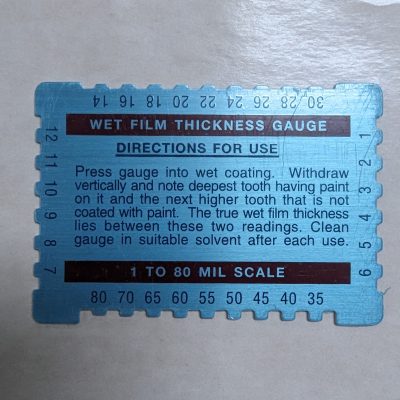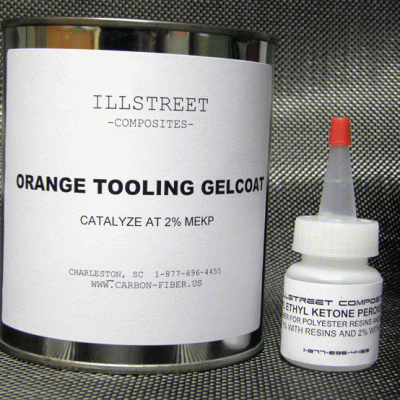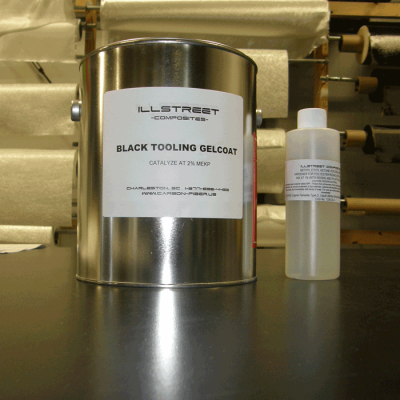$29.70 – $339.00
Our neutral base color Polyester gelcoat can be tinted with one of our compatible colored pigments. In order to achieve the desired color you should add 1oz of pigment to one quart, 4oz pigment will tint one gallon .
Please note: Our Surfacing wax (sanding aid) is required for your finish coat in order to sand/polish this product.
Color: Neutral (Tan)
All gelcoat prices include catalyst.
1 Quart= 1oz, 1 Gallon=3oz, 5 Gal=13oz
Elevate your projects with our versatile Neutral Polyester gelcoat. Tailored for customization, this gelcoat can be effortlessly tinted using any of our compatible colored pigments, ensuring a perfect match for every project.
To achieve your desired shade:
Polyester Gelcoat is used to provide a high-quality, visually pleasing finish on the surfaces of a fiber-reinforced composite material. The most common gelcoats are based on epoxy or unsaturated polyester resin chemistry. Gelcoats are modified resins that are applied to molds in a liquid state. Once cured, the gelcoat forms cross-linked polymers and are then backed with a composite matrix. This matrix often comprises polyester resin, fiberglass, carbon fiber, and in some cases, epoxy resin with fiberglass.
When fully cured, the reinforced composite is removed from the mold, presenting the finished gelcoat surface. This surface is typically pigmented to offer a glossy finish, enhancing the aesthetic appearance of the completed composite, such as a fiberglass boat hull or carbon fiber hood.
Many wood or fiberglass boats and aircraft are manufactured using carbon fiber and fiberglass composite materials with an outer layer of gelcoat, typically ranging from 0.5 mm to 0.8 mm (0.02 in to 0.03 in) in thickness. Polyester gelcoat is designed to be durable, offering protection from the ultraviolet rays of the sun and water.
Specialized gelcoats, such as those used for tooling, are employed to manufacture molds. These molds are then used to produce composite parts. Such gelcoats possess a high level of durability, ensuring they withstand the mechanical and thermal stresses during the curing and de-molding processes.
In addition to any pigment, a gelcoat may contain a thixotropic additive to enhance its ability to adhere to vertical portions of the mold during the curing process.
There are no reviews yet. Be the first one to write one.


